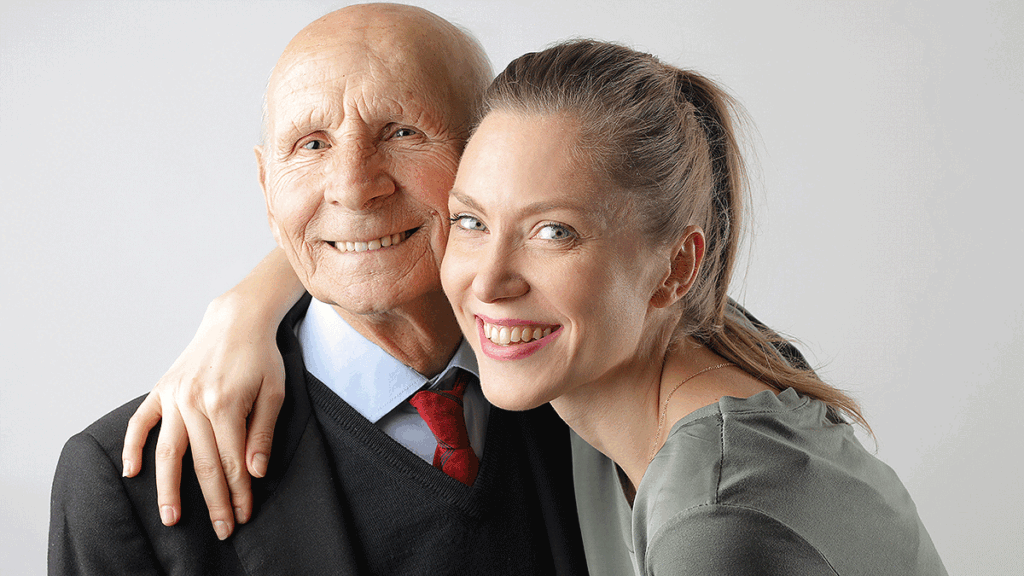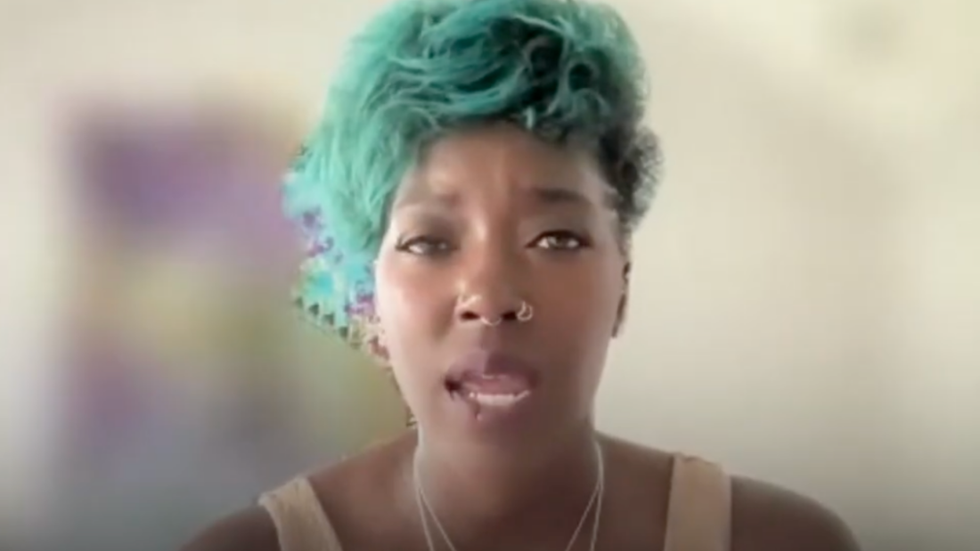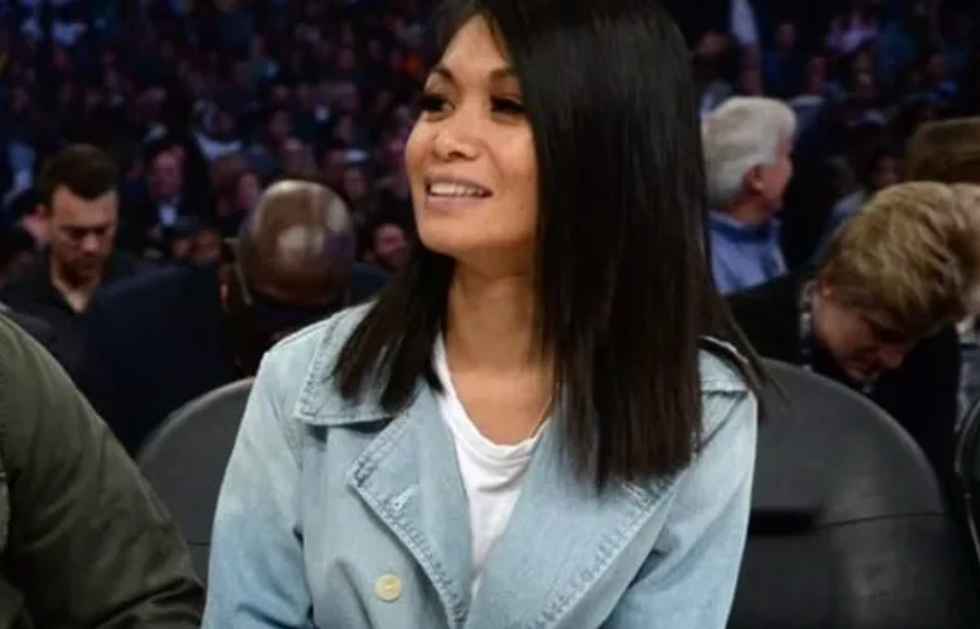Having a daughter is undoubtedly a blessing. However, raising a girl with high self-esteem can be quite challenging. Between social media's filtered reality of perfect women and society's shifting expectations, parents face the daunting task of nurturing authentic self-worth in their daughters.
These carefully selected daughter quotes help provide a starting point. They're simple reminders that whatever accomplishments you may have to date, raising a daughter is probably your biggest one.
Let these words inspire you to nurture raise and nurture a daughter who defines herself through her strength, not by society's impossible standards. Offer genuine praise for their efforts, passions, and personal growth. This way, we’ll make sure our daughters understand their true value without looking for validation in a fashion magazine.

Heartwarming Quotes About Daughters

Photo by Pavel Danilyuk from Pexels
“Mother and daughter never truly part, maybe in distance but never in heart.”
– Unknown
"Never grow a wishbone, daughter, where your backbone ought to be."
-- Clementine Paddleford
“Little girls are the nicest things that happen to people. They are born with a little bit of angelshine about them, and though it wears thin sometimes there is always enough left to lasso your heart.”
-- Alan Beck
"When I come home, my daughter will run to the door and give me a big hug, and everything that’s happened that day just melts away."
-- Hugh Jackman
Get the perfect gift for your daughter
"A daughter is just a little girl who grows up to be your best friend.”
-- Unknown
"A daughter is a bundle of firsts that excite and delight, giggles that come from deep inside and are always contagious, everything wonderful and precious and your love for her knows no bounds."
-- Barbara Cage
"A daughter may outgrow your lap, but she will never outgrow your heart." - Unknown

"Who can describe the transports of a beam truly parental on beholding a daughter shoot up like some fair and modest flower, and acquire, day after day, fresh beauty and growing sweetness, so as to fill every eye with pleasure and every heart with admiration?"
-- George Fordyce
"My daughter makes me laugh with her incredibly humorous take on the world. Everything makes her laugh, and I aspire to take in the world the same shoes she does."
-- Unknown
"To my beautiful daughter. If I could only give you one thing in this life, I would give you the ability to see yourself how I see you every single day. Your beauty, your kindness, how happy you make me and how proud I am of you. Perhaps then you would be able to understand just how special you are to me."
-- Dave Hedges
“Having a little girl has been like following an old treasure map with the important paths torn away.”
-- Heather Gudenkauf
"Death has its revelations: the great sorrows which open the heart open the mind as well; light comes to us with our grief. As for me, I have faith; I believe in a future life. How could I do otherwise? My daughter was a soul; I saw this soul. I touched it, so to speak."
-- Victor Hugo
Empowering Quotes About Daughters

From world leaders to artists, parents across different walks of life share a common vision. These quotes celebrate raising fierce, independent girls who define their own paths.
"I never, ever grew up as a young woman believing that my gender would stand in the way of doing anything I wanted."
-- Jacinda Ardern
"Absolutely, I don't believe in rules. As I tell my daughter when she is mischievous, ‘Well-behaved women rarely make history."
-- Nia Vardalos
“And though she be but little, she is fierce.”
-- William Shakespeare
"I hope that my daughter grows up empowered and doesn't define herself by the way she looks but by qualities that make her a intelligent, strong and responsible woman."
-- Isaiah Mustafa
"I will let my daughter do whatever her heart wants. I will support her and guide her and give her all the knowledge that I have because I want her to succeed in whatever she loves."
-- The Miz
"We gotta start teaching our daughters to be somebodies instead of somebody's." - Kifah Shah

"What's important for my daughter to know is that... if you are fortunate to have opportunity, it is your duty to make sure other people have those opportunities as well."
-- Kamala Harris
"Women are in a position now to voice their opinion... women are getting empowered. The more power they get, the more voice they get to shift certain things around. Now I have a daughter, I understand. When I didn't have a daughter, I didn't understand."
-- Snoop Dogg
Father-Daughter Quotes That Reveal Their Special Bond
"We like to think we are so smart and we have all the answers. And we want to pass all that on to our children, but if you scratch beneath the surface you don’t have to dig very deep to find the kid you were.”
-- Phil Dunphy
“I thought I’d never be that annoying person, but as soon as Winnie was born, I was showing iPhone snaps to a cab driver.”
-- Jimmy Fallon
"Behind every great daughter is a truly amazing dad."
-- Unknown

"Every day is Father's Day to me when I'm with her: when I'll be able to hold my daughter and see her grow and see her smile. That's Father's Day to me every day."
-- Saquon Barkley
“It is admirable for a man to take his son fishing, but there is a special place in heaven for the father who takes his daughter shopping.”
-- John Sinor
"To a father growing old nothing is dearer than a daughter." - Euripides

“Daddy, thanks for being my hero, chauffeur, financial support, listener, life mentor, friend, guardian and simply being there every time I need a hug."
-- Agatha Stephanie Lin
"No matter how old my daughter gets, she'll always be my baby girl."
-- Anonymous

"Certain is it that there is no kind of affection so purely angelic as of a father to a daughter. In love to our wives there is desire; to our sons, ambition; but to our daughters, there is something which there are no words to express."
-- Joseph Addison
“Being a daddy’s girl is like having permanent armor for the rest of your life.” - Marinela Reka

“They say that from the instant he lays eyes on her, a father adores his daughter. Whoever she grows up to be, she is always to him that little girl in pigtails. She makes him feel like Christmas. In exchange, he makes a secret promise not to see the awkwardness of her teenage years, the mistakes she makes or the secrets she keeps.”
-- Unknown
"Having a daughter makes you see things in a different way. This is my only girl. So I don't care what it takes to protect her. You can call it what you want to call it. As long as you treat her the same way I treat her, like my princess, I don't mind."
-- Tracy Morgan
Moving Quotes About the Mother-Daughter Relationship
Mother Daughter Quotes to remind you how special the mother daughter bond really is!

"The relationship between parents and children, but especially between mothers and daughters, is tremendously powerful, scarcely to be comprehended in any rational way."
-- Joyce Carol Oates
"A mother's treasure is her daughter."
-- Catherine Pulsifer
"Mothers and daughters together are a powerful force to be reckoned with." - Melia Keeton-Digby

"They both began to giggle and then... fell into a side-splitting round of laughter, the cleansing, complete sort of laughter only a mother and daughter can share."
-- Karen Kingsbury
“Having a little girl has been like following an old treasure map with the important paths torn away.”
--Heather Gudenkauf
"I tell my daughter every morning, 'Now, what are the two most important parts of you?' And she says, 'My head and my heart'."
-- Viola Davis
“Find it within you to love exactly who you are and to know you’re capable, you’re loved and you’re beautiful. The world is a better place, because of you. You are unique because there is only ONE of you.”
-- Shantel VanSanten
"Having a daughter is God's way of saying, 'Here, thought you could use a lifelong friend'."
-- Unknown
"A mother is the only person in the world who can turn her daughter’s worries and fears into happiness."
-- Anonymous

"The thing I'm the most proud of in my personal life is that my daughter actually thinks that I'm fabulous."
-- Brooke Shields
"Our daughters are the most precious of our treasures, the dearest possessions of our homes and the objects of our most watchful love."
-- Margaret E. Sangster
"The more a daughter knows the details of her mother’s life… the stronger the daughter."
-- Anita Diamant
"I am not a perfect mother and I will never be. You are not a perfect daughter and you will never be. But put us together and we will be the best mother and daughter we would ever be.”
-- Zoraida Pesante
"A daughter Is a mother's best friend. Every time you smile, she loves you more; every time you laugh or cry, she cries too and every time you hold her close, she holds you tight."
--Anonymous
“Life is tough, my darling daughter, but so are you.”
-- Stephanie Bennet Henry
Quotes for Parents Raising Teenage Daughters

“All I know is that I carried you for nine months. I fed you, I clothed you, I paid for your college education. Friending me on Facebook seems like a small thing to ask in return.”
-- Jodi Picoult
“Little girls are cute and small only to adults. To one another they are not cute. They are life-sized.”
-- Margaret Atwood
"A daughter is a treasure and a cause of sleeplessness."
-- Ben Sirach
“Many a man wishes he were strong enough to tear a telephone book in half — especially if he has a teenage daughter.”
-- Guy Lombardo
"My daughter is the biggest gift; I've said it so many times and it sounds like a cliche, but the thing about being a parent is when you think you've cracked it, and you're on top of your game, they change again and you have to catch up and adjust. I feel such a responsibility to instill good values in her, to be polite, to have discipline."
-- Geri Halliwell
"I've come to understand that art is awesome and beautiful because it's a reflection of life - but it's just a reflection, and the real thing is my daughter."
"Patience, my daughter, learn patience, and life will be easier." - Catherine Pulsifer

"A daughter is a miracle that never ceases to be miraculous... full of beauty and forever beautiful... loving and caring and truly amazing."
-- Deanna Beisser
"So, after much observation, I realized that our daughters needed the same things we lacked in our younger years… wisdom. Without wisdom we continue to blunder through life repeating the same mistakes."
-- Laura Alexander
"To my daughter: Never forget that I love you. Life is filled with hard times and good times. Learn from everything you can. Be the woman I know you can be."
-- Unknown
Quotes for When Your Little Girl Is All Grown Up
“Missing someone is part of loving them. Not until you are apart do you realize how much they mean to you.”
-- Nikhil Saluja
“Why do you go away? So that you can come back. So that you can see the place you came from with new eyes and extra colors. And the people there see you differently, too. Coming back to where you started is not the same as never leaving.”
-- Terry Pratchett
"Your daughter will remember when you sat for her to put makeup on you and braided her hair more than she will remember material gifts. These will be the memories she cherishes forever." -- Dotjay
“The magic thing about home is that it feels good to leave, and it feels even better to come back.”
-- Wendy Wunder
“My wish for you is that this life becomes all that you want it to; your dreams stay big and your worries stay small; you never need to carry more than you can hold.”
-- Rascal Flatts
"It's a beautiful thing, watching another adult walking around out there in the world with my heart beating inside them."
-- Anonymous

























 Goalcast Archive
Goalcast Archive Goalcast Archive
Goalcast Archive Goalcast Archive
Goalcast Archive Goalcast Archive
Goalcast Archive











